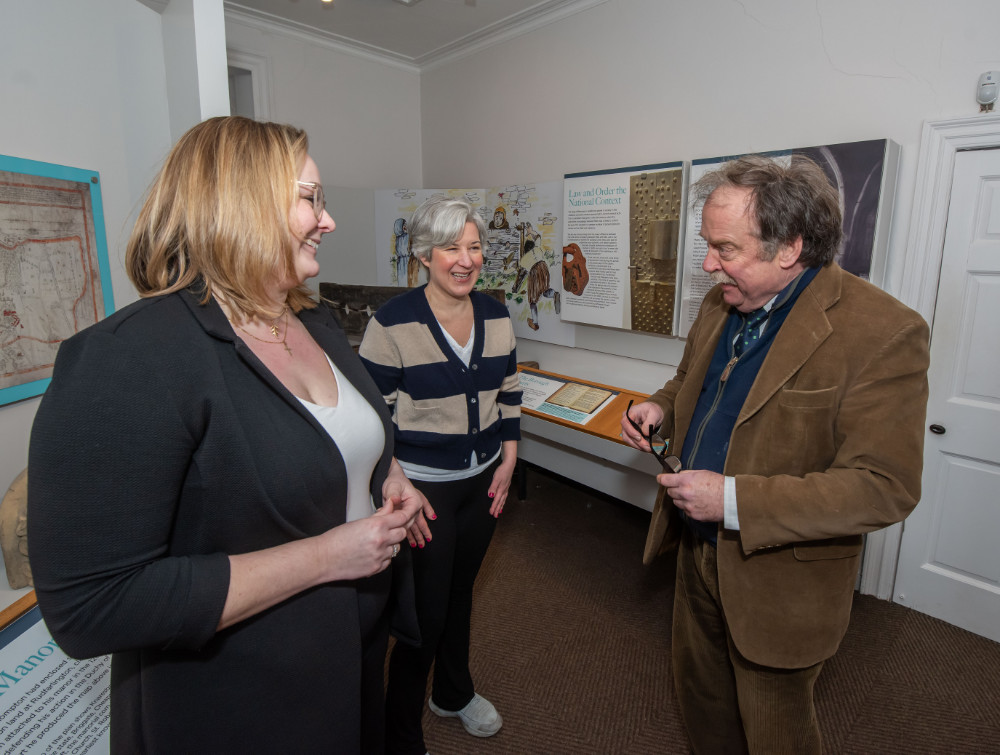Higher education is associated with greater career opportunities and higher pay. But for those who want to work in academia, the main goal is to serve a greater purpose and help move human knowledge forward. Whether they want to work as professors, researchers, or counsellors, the question academically minded students often face is: what should I study? In this article, we’re going to give 4 great degree ideas for academically-minded students. We’ll discuss the careers these degrees open up, what you can expect of these programs, and who they’re more suited to.
A Master of Education
Teachers with a master of education degree have been associated with better student outcomes, and this is why school districts are encouraging teachers to earn a master’s degree in education. Having a masters will open many doors for you and expand your options. Many private schools and elite schools require a master’s degree to work there, for instance.
You can also use the master’s degree to further your career. You could specialise in curriculum development or educational leadership to move into school administration. Or, you could earn a master’s degree in English as a second language so you can teach students who are not fluent in English. If you are already a maths or science teacher, the ability to teach these students in their native language means you’ll be in demand and eligible for a pay raise.
A closely related degree is a master’s degree in teaching. These programs tend to be shorter because there is less theory and more hands-on lessons. If you want to take on an academic leadership role, the master of education is the better choice. More importantly, a master’s in education provides a good balance of leadership and educational theory that will take you further than a master’s degree in educational leadership.
A Middle Eastern Studies Degree
Middle Eastern Studies refer to the study of the culture, politics, and economics of the Middle East. This includes Egypt, Iran, Turkey, Israel, Iraq and Syria.
Earning a master’s degree in this field will allow you to teach bachelor’s level courses in this field. This degree can also open the door to a number of other careers. You could find a job in international business, finance or economics, for instance. It is an excellent choice for those who want to go into humanitarian aid or diplomacy. You could become a consular assistant in a Middle East country, for example.
If you want to learn more about the program, check out this guide to the Middle Eastern Studies Degree which will also guide you on the various career options it could lead to. You’ll learn exactly what you’ll be able to do with your degree and the opportunities that will be available both at home and abroad. That guide also touches on what specific skills you’ll learn and the different study options that will be available to you.
A Master’s Degree in Special Education
A master’s degree in special education teaches you how to assess, teach and manage special needs students. Master’s programs give you the skills required to become a full-time special education instructor, and you could learn how to create learning plans and track the progress of each student.
However, those who decide to move into a teaching role have to make sure that they’re ready for the challenges that it entails. They will need to have a good sense of observation and problem-solving skills. They will also need to have good interpersonal skills, patience, and a true desire to help those in need.
Getting a master’s in special education could also allow you to move into an administrative role, or you could work as a tutor or counsellor for families whose children have learning difficulties. This way, you’ll still be able to make a difference without being involved in the day to day drama that school counsellors face. You could also consider getting a combined honours in psychology, which would allow you to move to research later on.
A Master of Arts in Curriculum and Instruction
This degree is focused on developing curriculum as well as its implementation in the classroom. You may create learning plans for an entire grade, school or subject. Also, if you create a good curriculum, it could be adopted and taught to millions of students, whether in primary school or college, which can be very rewarding. This is a great career choice for those who want to make a change at the ground level and really help shape the future of education.
Before you choose a program, understand how a degree will teach you the skills and theory you need to move into the next stage of your career. Choosing the right degree could help you make a real difference to the people and communities you work with and help you flourish.







